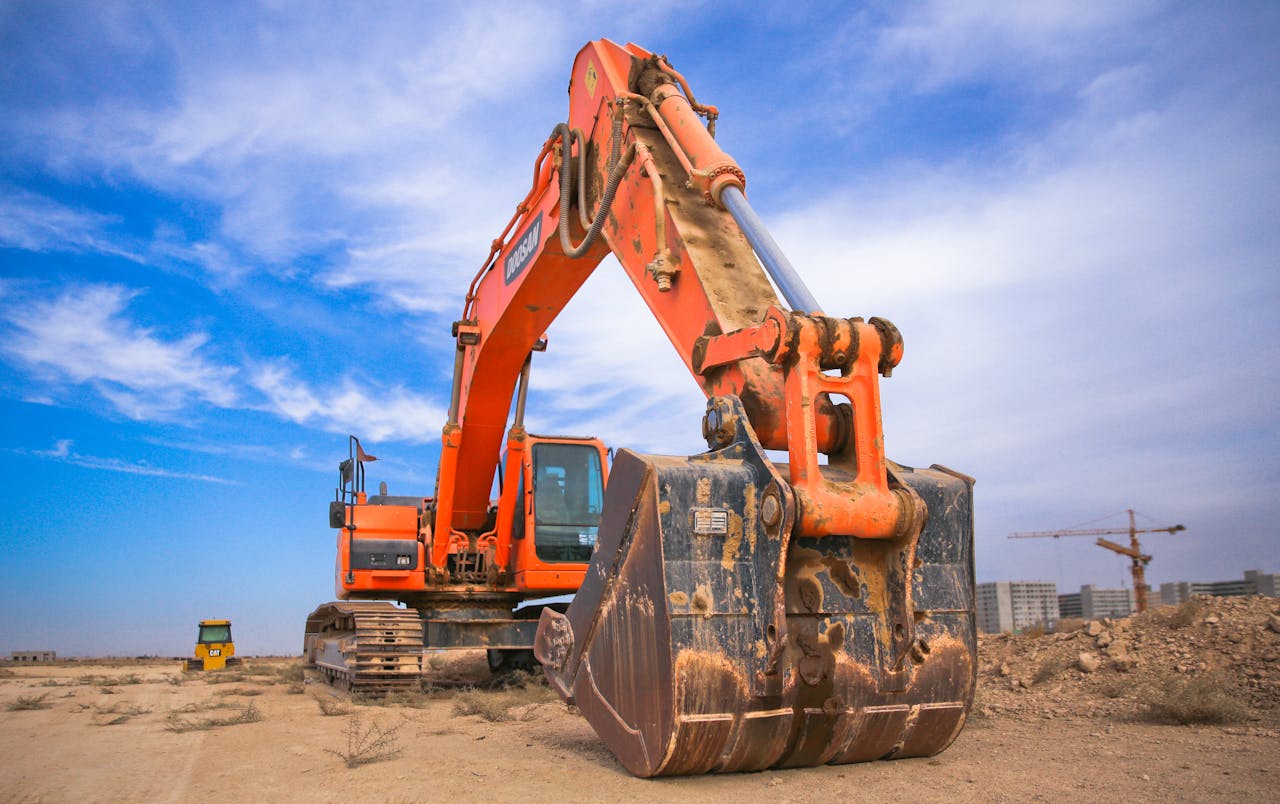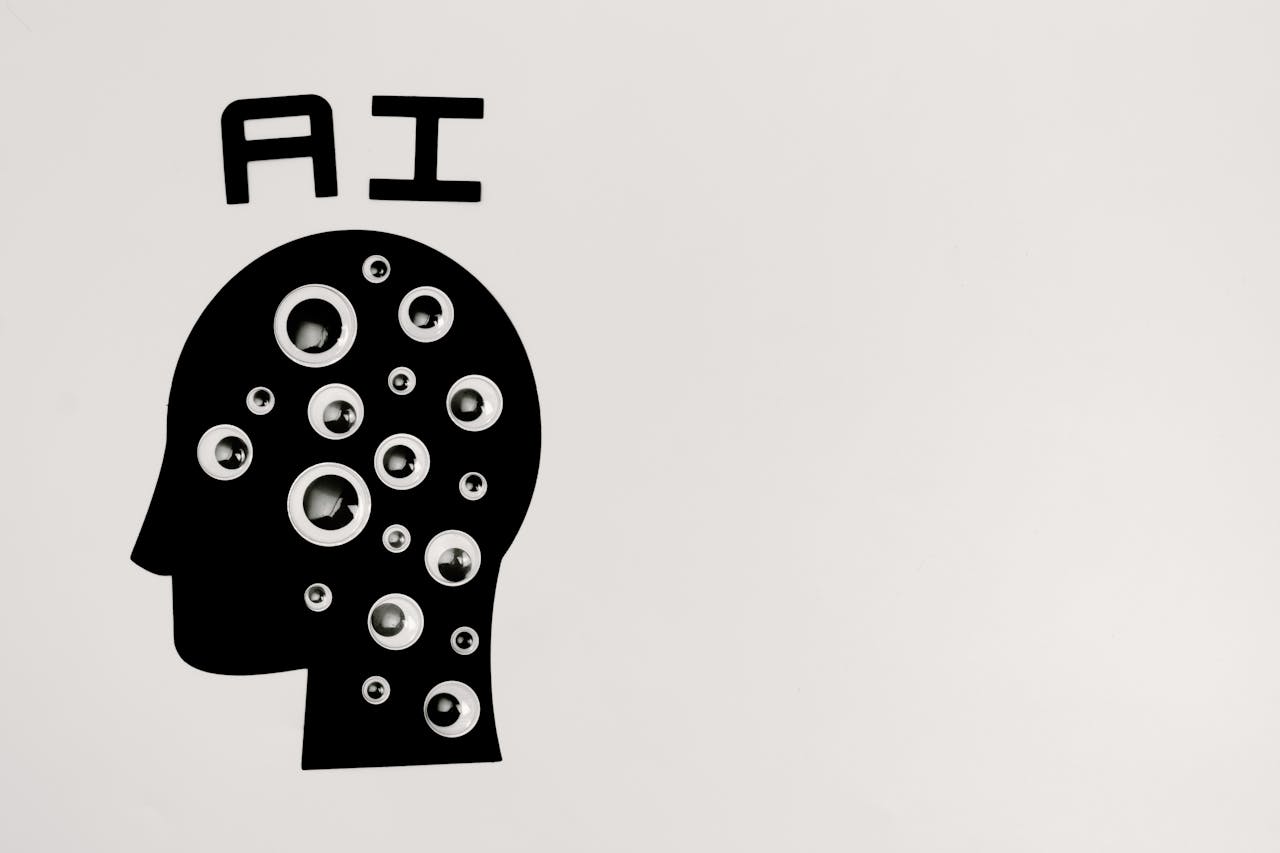
In the modern era, the convergence of artificial intelligence (AI) and machine learning (ML) with civil engineering projects is revolutionizing how infrastructure projects are designed, managed, and executed. Integrating these advanced technologies enhances efficiency and accuracy and paves the way for innovative solutions to complex engineering challenges. As the construction industry grapples with increasing demands for sustainable development and cost-effective solutions, AI and ML emerge as pivotal tools, transforming traditional practices and setting new standards.
The Role of AI in Civil Engineering Projects
Artificial intelligence in civil engineering involves using computer systems capable of performing tasks that typically require human intelligence. These tasks include reasoning, learning, problem-solving, and decision-making. AI can be used in civil engineering in many ways, from automated design and construction processes to predictive maintenance and smart infrastructure management. By leveraging AI, engineers can analyze vast amounts of data, identify patterns, and make informed decisions that enhance project outcomes.
Machine Learning: A Subset of AI
Machine learning, a subset of AI, focuses on developing algorithms that enable computers to learn from and make predictions based on data. In civil engineering, ML algorithms process historical data and improve project planning, risk management, and resource allocation. Learning from data allows ML models to provide accurate forecasts, optimize designs, and enhance the overall efficiency of construction projects.
Design Optimization
One of the most significant impacts of AI and ML on civil engineering is design optimization. Advanced algorithms can analyze multiple design variables and constraints to produce the most efficient and cost-effective solutions. This process accelerates the design phase and ensures that the final designs are optimized for performance, sustainability, and compliance with regulatory standards. Engineers can use AI-driven tools to explore various design alternatives and select the best options.
Predictive Maintenance
Predictive maintenance is another area where AI and ML are making substantial contributions. By analyzing data from sensors embedded in infrastructure, these technologies can predict potential failures before they occur. This proactive approach allows for timely maintenance and repairs, reducing downtime and extending the lifespan of assets. For instance, AI can analyze vibration data from bridges to detect early signs of structural damage, enabling engineers to address issues before they become critical.
Construction Automation
AI-powered automation is transforming the construction industry by streamlining various processes and reducing the reliance on manual labor. Robotics and AI systems can handle bricklaying, concrete pouring, and site surveying more precisely and efficiently than human workers. This automation accelerates construction timelines and improves safety by minimizing human exposure to hazardous environments. Moreover, AI-driven equipment can operate around the clock, significantly boosting productivity.

Construction automation is the future of civil engineering projects
Resource Management
AI and ML algorithms can analyze project requirements and allocate resources such as labor, materials, and equipment more efficiently. By optimizing resource utilization, these technologies help reduce costs and minimize waste. For example, AI can predict the optimal mix of materials needed for concrete production, ensuring the right balance of strength and durability while minimizing excess.
Risk Management
Risk management is an inherent aspect of civil engineering, where projects are often subject to various uncertainties and potential hazards. AI and ML provide robust tools for identifying, assessing, and mitigating risks. AI can predict potential risks by analyzing historical project data and external factors and suggesting preventive measures. This proactive approach enables project managers to develop contingency plans and make informed decisions that minimize the impact of unforeseen events.
Enhancing Collaboration
AI collaboration tools allow engineers, architects, contractors, and clients to access real-time information, make collaborative decisions, and track project progress. This enhanced collaboration ensures that all parties are aligned, reducing the likelihood of misunderstandings and delays. Platforms like Slack, Microsoft Teams, and Asana leverage AI to streamline communication, automate task management, and provide predictive analytics. Likewise, tools like Trello and Monday.com use AI to help project managers coordinate logistics and resources efficiently, ensuring seamless transitions and minimal disruptions during project phases.
Real-life Application Scenario
Using Asana, a project manager can efficiently coordinate a business relocation with golansmoving.com, a versatile moving company. The project is divided into tasks such as inventory checks, packing schedules, and IT setup, each assigned to specific team members and the moving company, with clear deadlines. For instance, Golans Moving can handle the packing, while employees handle the data-sensitive tasks. Asana’s communication features enable real-time updates and collaboration, while its AI-driven insights automate reminders and predict potential delays. The project manager ensures a seamless and well-coordinated move by sharing the timeline with the moving company and organizing meetings for last-minute details.
Sustainable Development
Sustainability is a growing concern in civil engineering as the industry seeks to minimize its environmental footprint. AI and ML contribute to sustainable development by optimizing designs for energy efficiency, reducing material waste, and promoting eco-friendly materials. AI-driven simulations can evaluate the environmental impact of different design alternatives, helping engineers select the most sustainable options. Additionally, AI can monitor construction activities to ensure compliance with environmental regulations and best practices.
Smart Infrastructure
Smart infrastructure involves integrating advanced technologies into physical structures to enhance functionality and efficiency. AI and ML are critical in developing smart infrastructure systems that monitor, analyze, and respond to real-time conditions. For example, smart traffic management systems use AI to optimize traffic flow, reduce congestion, and improve safety. Similarly, AI-powered energy management systems can optimize renewable energy sources, reducing reliance on fossil fuels and lowering carbon emissions.

AI and ML play a critical role in developing smart infrastructure system
Future Trends
Continued advancements in AI and ML will undoubtedly shape the future of civil engineering. Emerging trends include the development of more sophisticated AI algorithms, integrating AI with other technologies such as the Internet of Things (IoT) and augmented reality (AR), and increasing AI use for predictive analytics and decision support. As these technologies evolve, they will further enhance civil engineering projects’ efficiency, safety, and sustainability.
Conclusion
AI and machine learning are transforming civil engineering by providing powerful tools for design optimization, predictive maintenance, construction automation, resource management, and risk mitigation. These technologies enhance collaboration, promote sustainable development, and pave the way for smart infrastructure solutions. As the construction industry continues to evolve, the integration of AI and ML will be instrumental in addressing future challenges and driving innovation in civil engineering projects. By embracing these advancements, engineers and project managers can achieve greater efficiency, accuracy, and sustainability, ultimately delivering better societal outcomes.





There are no comments yet